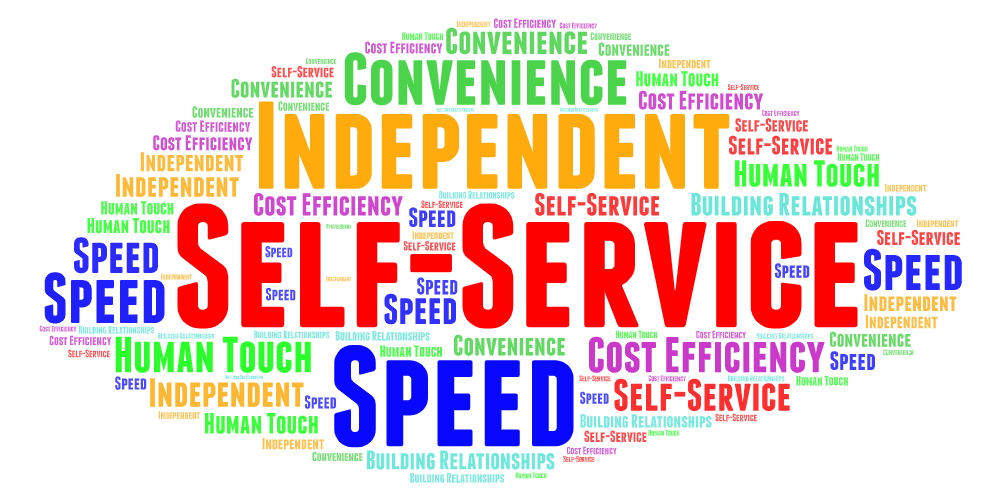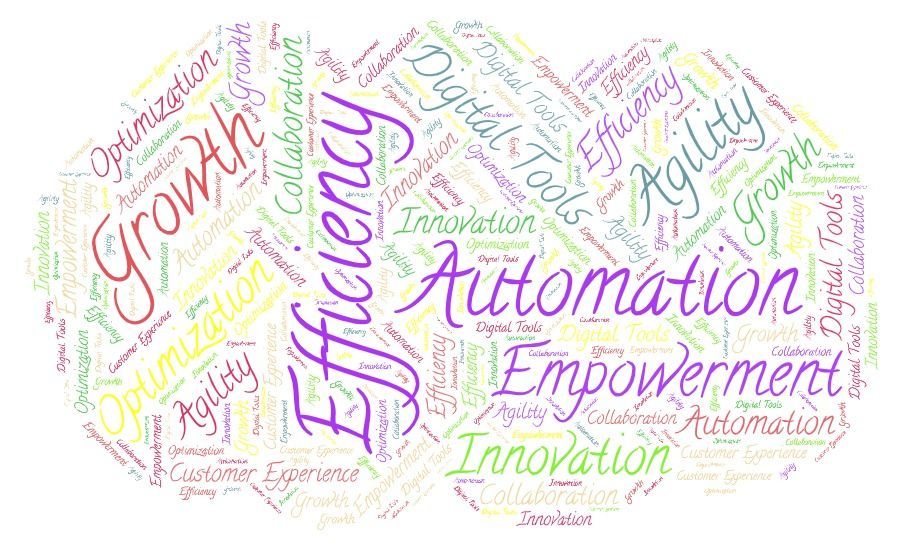Enhancing Employee Skills and Knowledge: A Path to Excellent Customer Service
Introduction
In today’s competitive business landscape, exceptional customer service is a differentiator that can make or break an organization. To achieve outstanding service, companies must recognize the pivotal role of their employees. Effective training programs play a vital part in equipping employees with the necessary skills and knowledge to excel in their roles. In this article, we’ll explore why investing in employee development is essential and how it directly impacts customer service.
1. Empowering Employees Through Training
1.1 Mastery of Industry-Specific Tools
Effective training programs provide employees with the opportunity to master industry-specific tools. Whether it’s software, equipment, or specialized processes, staying up-to-date is critical. When employees are proficient in using these tools, they can serve customers more efficiently. For instance, a well-trained customer support representative can swiftly navigate a CRM system to address inquiries promptly.
1.2 Understanding Work Ethics
Ethical behavior is the cornerstone of excellent customer service. Training programs emphasize ethical guidelines, fostering a culture of integrity within the organization. Employees learn how to handle ethical dilemmas, maintain confidentiality, and treat customers fairly. When employees uphold high ethical standards, customers trust the brand and feel valued.
1.3 Improving Human Relations
Effective communication and interpersonal skills are essential for customer interactions. Training programs focus on improving human relations, teaching employees active listening, empathy, and conflict resolution. When employees understand customer needs and emotions, they can tailor their responses accordingly. A well-trained employee can turn a frustrated customer into a loyal advocate through empathetic communication.
2. The Impact on Productivity and Profits
2.1 Increased Productivity
Well-trained employees work more efficiently. They waste less time troubleshooting, make fewer errors, and handle tasks with confidence. As employees become proficient, productivity increases across the organization. For example, a sales team trained in effective negotiation techniques can close deals faster, contributing directly to the bottom line.
2.2 Cost Savings
Investing in training programs may seem like an expense, but it’s a strategic investment. Well-trained employees reduce costly errors, minimize customer complaints, and enhance overall operational efficiency. The long-term cost savings significantly outweigh the initial training expenses.
2.3 Higher Profits
Ultimately, effective training translates into higher profits. Satisfied customers are more likely to become repeat buyers and recommend the company to others. Loyal customers contribute significantly to revenue growth. When employees consistently deliver exceptional service, customer retention improves, leading to increased sales and profitability.
Conclusion
Investing in employee training is not just a cost; it’s an investment in organizational success. Enhanced skills and knowledge empower employees to provide outstanding customer service, leading to satisfied customers, increased productivity, and higher profits. As the business landscape evolves, organizations that prioritize employee development will thrive in delivering exceptional experiences to their clientele.
Remember, effective training programs are not an expense—they’re an investment in your organization’s future. By nurturing your employees’ skills and knowledge, you’re building a foundation for exceptional customer service and sustainable growth.









